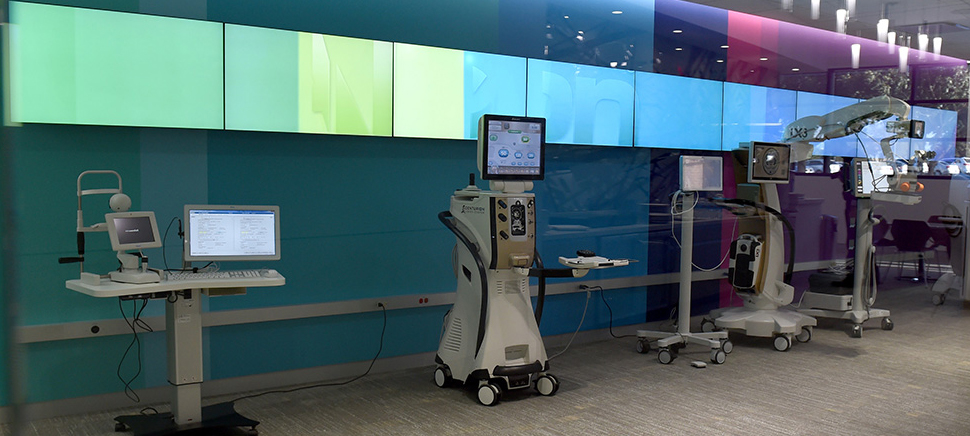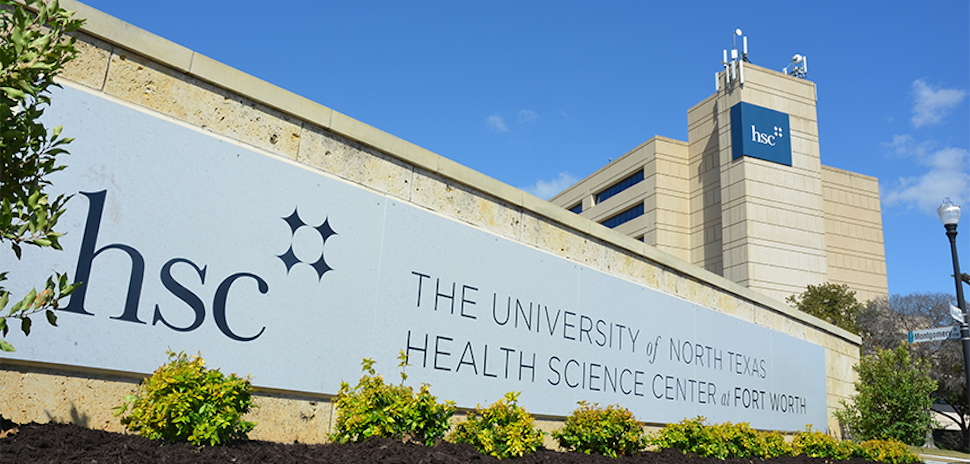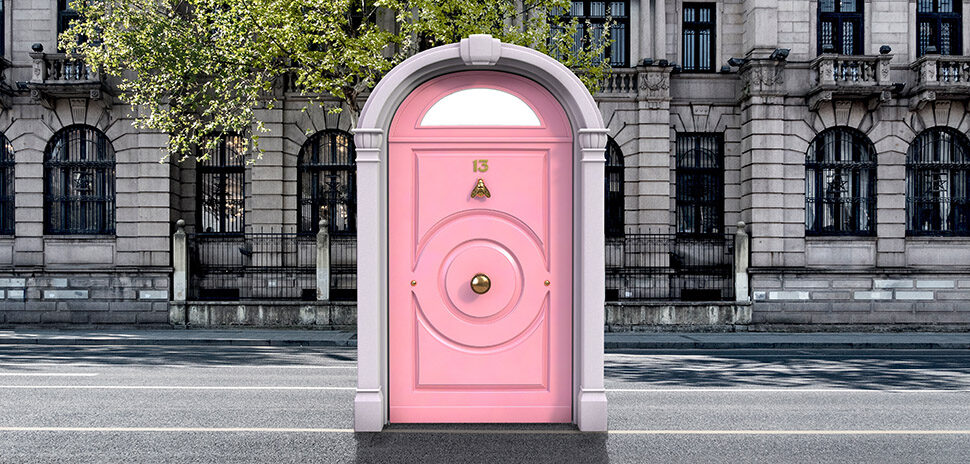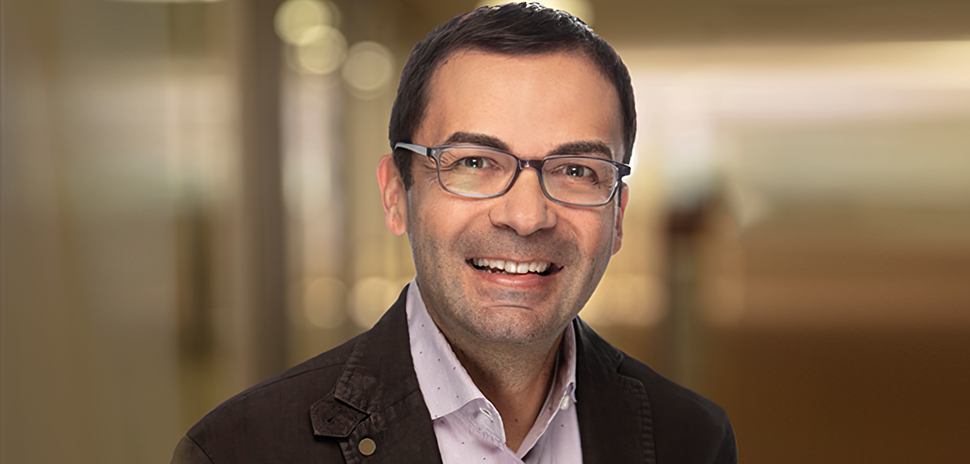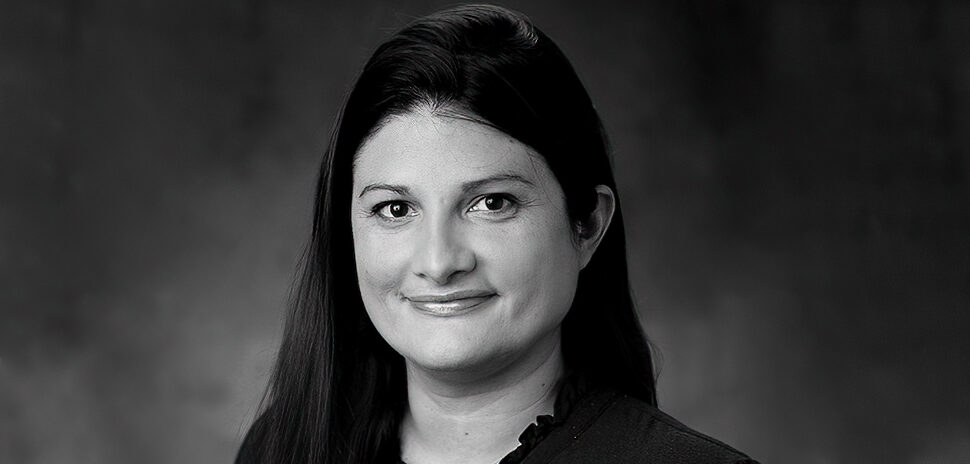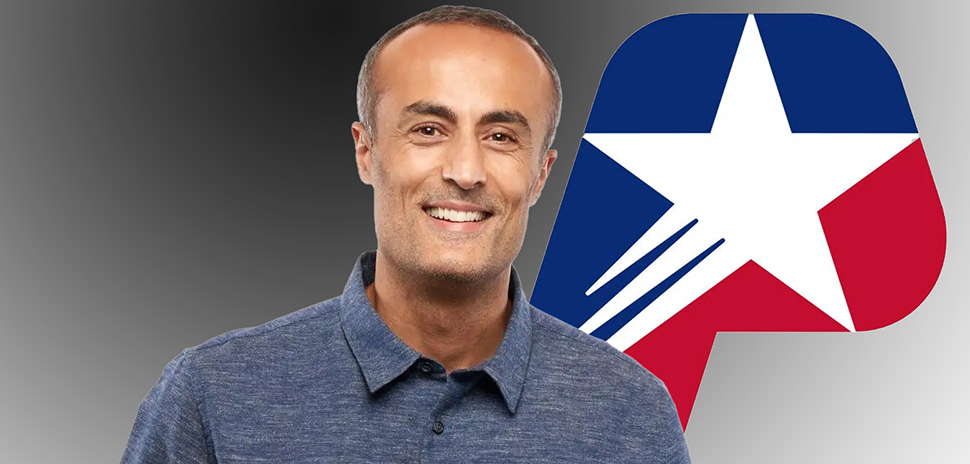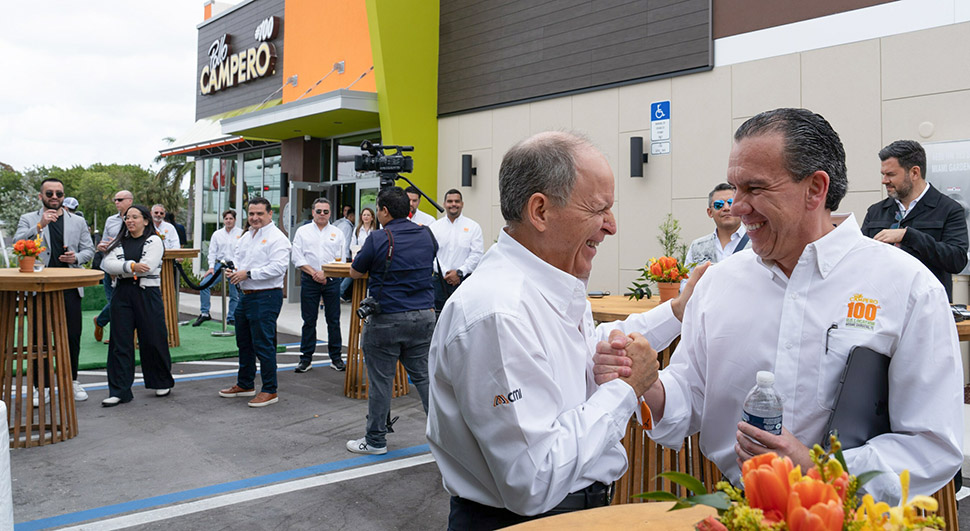Alcon has grown exponentially since Robert Alexander and William Conner slapped the first syllables of their last names on a Fort Worth pharmacy in 1945. What started out as a two-man operation is now a global company with 25,000 employees in 75 countries and annual sales of more than $10 billon. Among Alcon’s contributions to the eye-care industry are the first dispensing bottle for eye drops and the first material developed specifically for intraocular lenses.
With divisions devoted to pharmaceuticals, surgical equipment, and vision-care products, Alcon’s employees deal with a variety of ophthalmologists, surgeons, pharmacists, and retailers. Until late last year, many such interactions—including demonstrations and training—happened primarily in hotels’ conference rooms. But that changed in early December, when the Alcon Experience Center—a 36,000-square-foot, $7 million facility—opened at the firm’s headquarters in south Fort Worth.
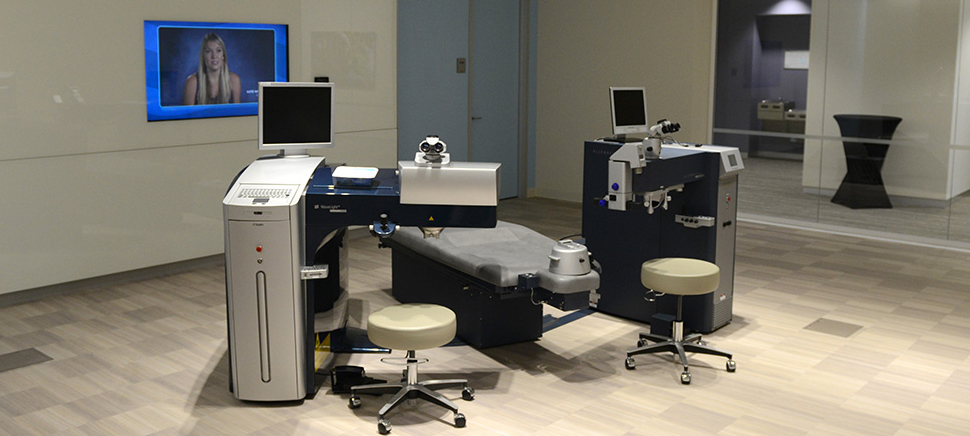
The Alcon Experience Center. Photo provided.
“We are saving the company so much money,” says Mary Williams, who manages the facility. “There’s so much value in this center.”
The center’s primary purpose is hosting Alcon’s clients for training, research, and input; about 75 doctors were among the center’s visitors in its first five weeks of operation. But the facility is also used to train Alcon’s employees on how to use and promote the firm’s products and equipment. Additionally, about 800 college and high school students are scheduled to make the rounds in 2016.
Because the facility was designed to mirror the experience of a patient, visitors’ first stop is The Clinic, which features three examination rooms just like the ones in which most people reading this have answered these questions: “Which is better: one or two? Okay, which is better: three or four?” The main difference is these rooms have space for spectators, who are facing a large screen that allows them all to see what the patient is seeing during a simulated eye exam.
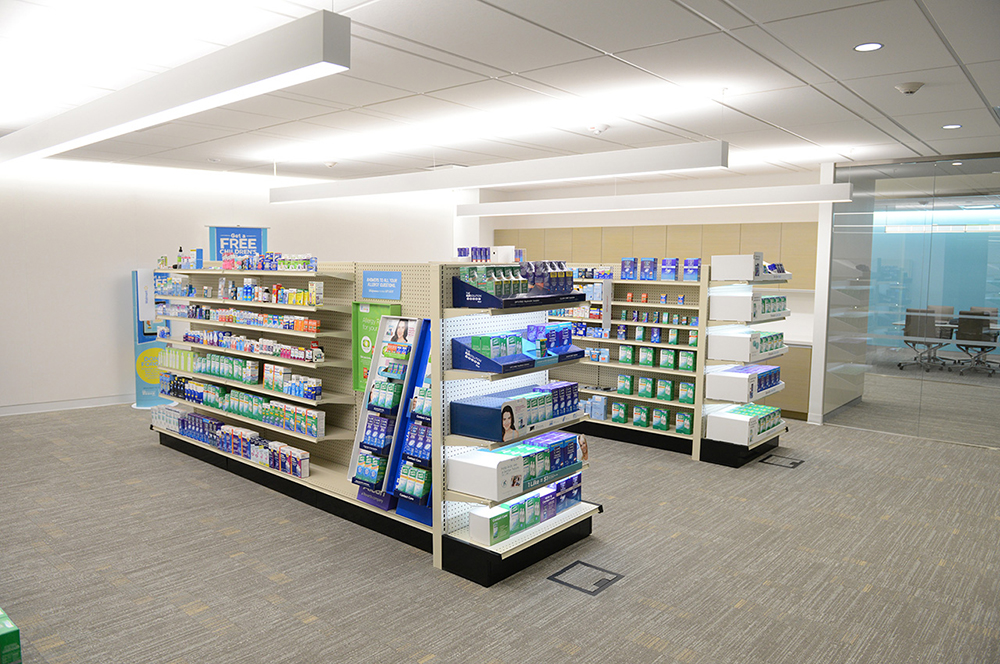
The Alcon Experience Center. Photo provided.
“Having the patient’s view projected creates a nice dialogue,” Karen Dell, manager of professional development, says during a tour of The Clinic, where visitors can also use tablet computers to try out Alcon’s colored contact lenses in a virtual fitting.
The next stop is the OTC Innovation Studio, a shelf-filled room where over-the-counter products manufactured by Alcon and its competitors can be rearranged to maximize marketability. The target audience was retailers, but Williams says she has been surprised by how popular the studio is with doctors, many of whom are selling eye drops and contact lens solution in their offices. Jeremy Brown, director of shopper marketing, says the tactile experience of being in a room with all of the various products can be so much more beneficial than simply looking at illustrations of how they can be displayed.
“We’re doing a lot of work to make sure people are finding the right product,” Brown says. “Seeing something rendered is mildly effective, but seeing it live brings another dimension.”
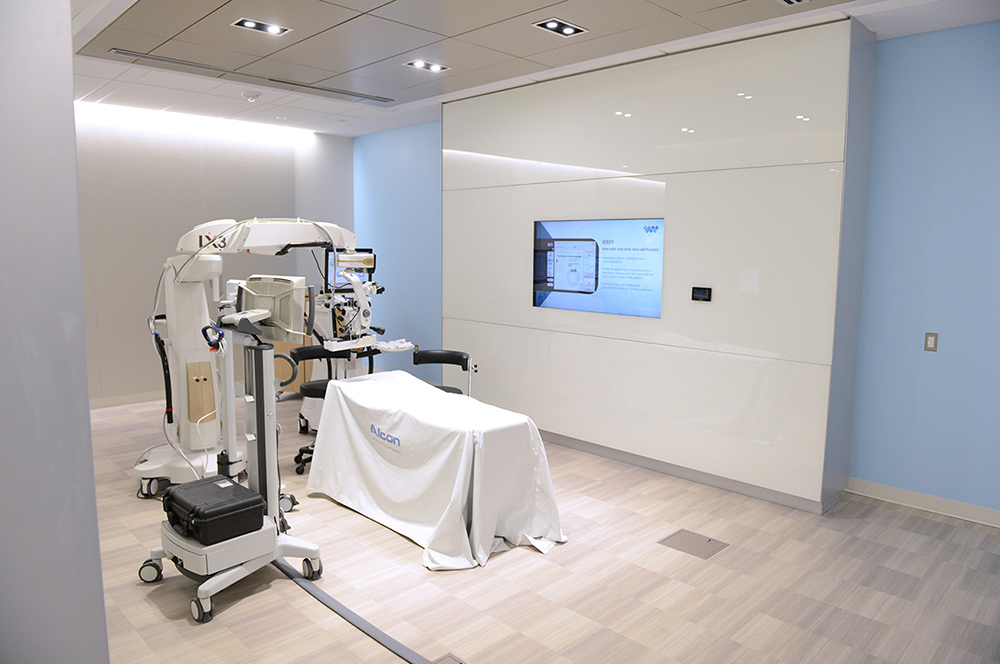
The Alcon Experience Center. Photo provided.
Next up is The Surgical Suite, which features a refractive laser room for simulated LASIK procedures—which Victor Higuera, manager of refractive sales training, says is still “a niche product”—as well as an operating room for simulating cataract surgeries, the nation’s most common surgical procedure and what Higuera calls “our meat ’n’ taters.” The Surgical Suite is augmented by a 12-station Wet Lab where doctors and students can get their hands dirty by practicing surgery on pigs’ eyeballs.
“One thing we’re trying to do is eliminate the variables that make it hard to achieve the best possible outcome,” says Kevin Bulgarelli, manager of surgical diagnostics.
The overall goal of the Alcon Experience Center, which was created 70 years after the firm was founded, is to promote Alcon’s products and services enough to ensure innovations for another 70 years—or perhaps much longer. As Higuera and Bulgarelli jokingly point out, the company’s intraocular lenses for cataract patients are designed to last for centuries. “That lens will be in the casket long after the body is gone,” says Bulgarelli, before Higuera adds, with his tongue firmly planted in his cheek, “If you’re not happy, come back in 400 years.”
For a daily dose of what’s new, now, and next in Dallas-Fort Worth innovation, subscribe to our Dallas Innovates e-newsletter.










